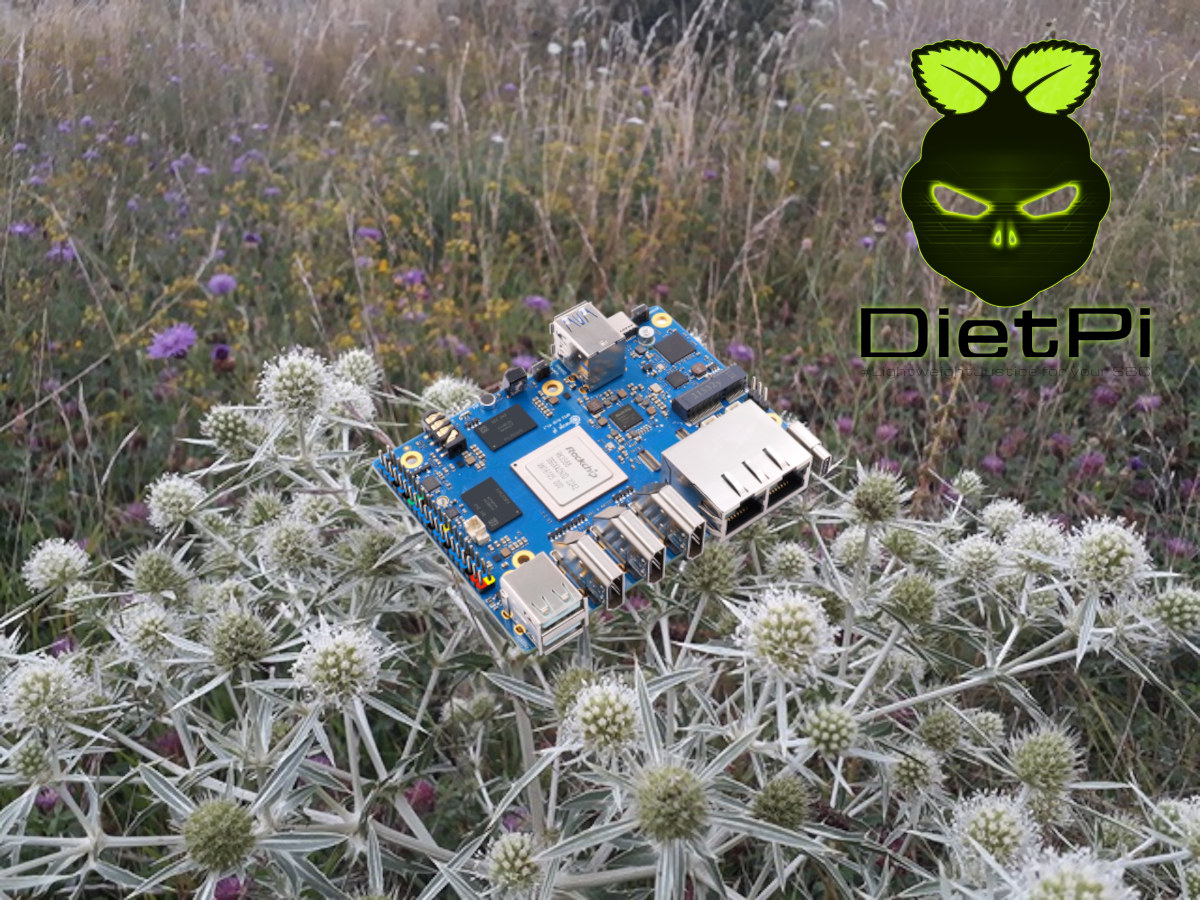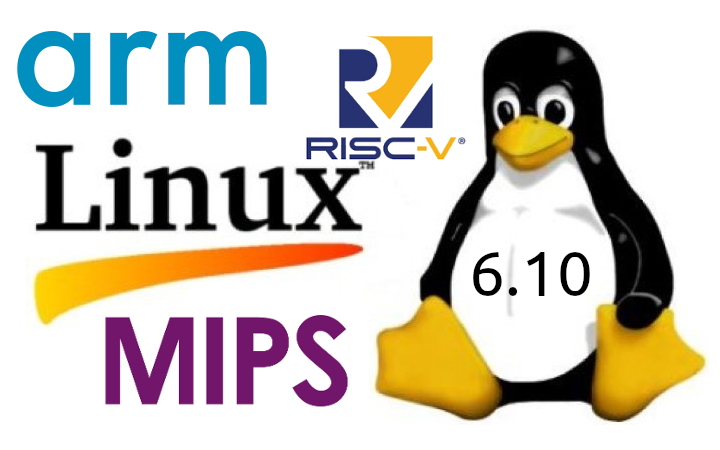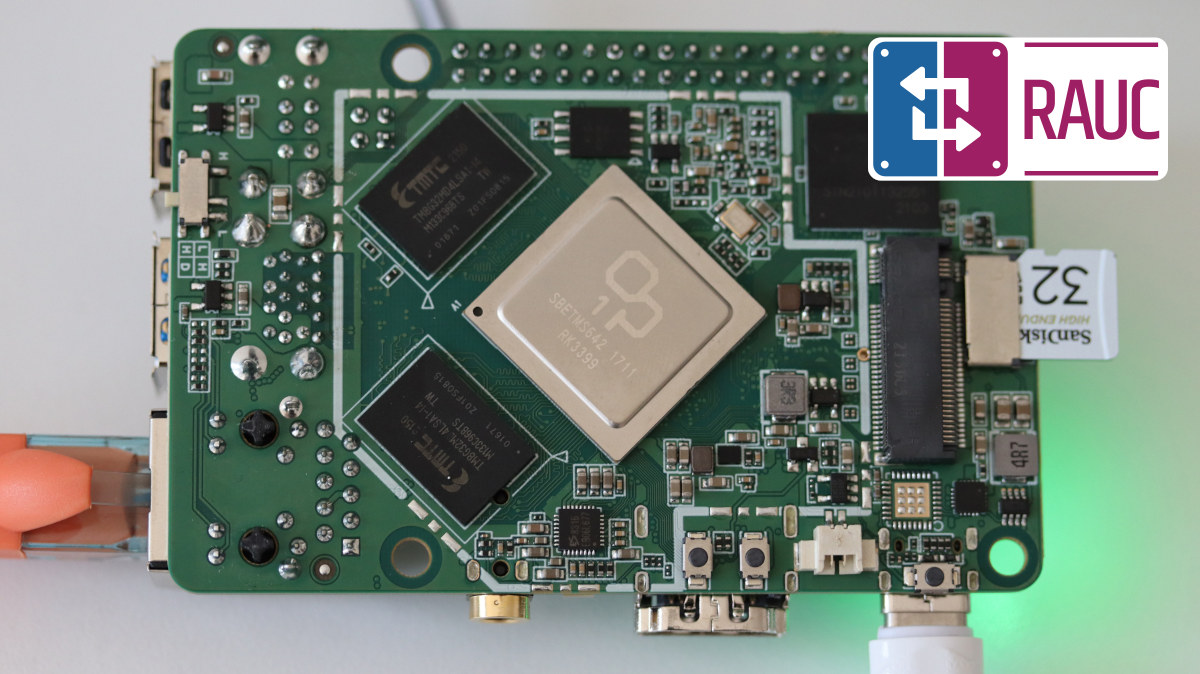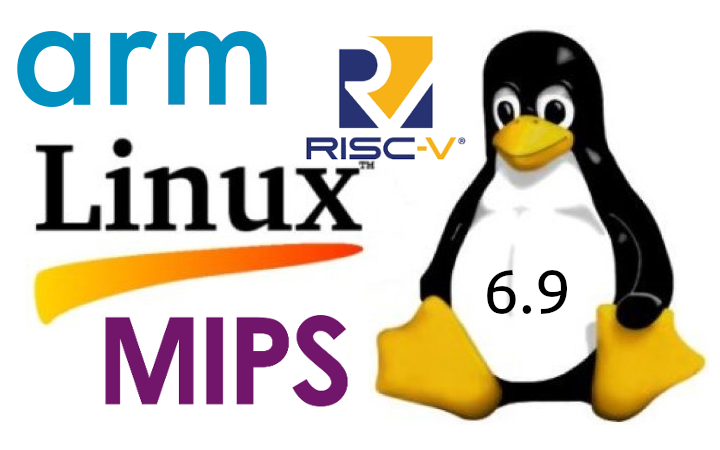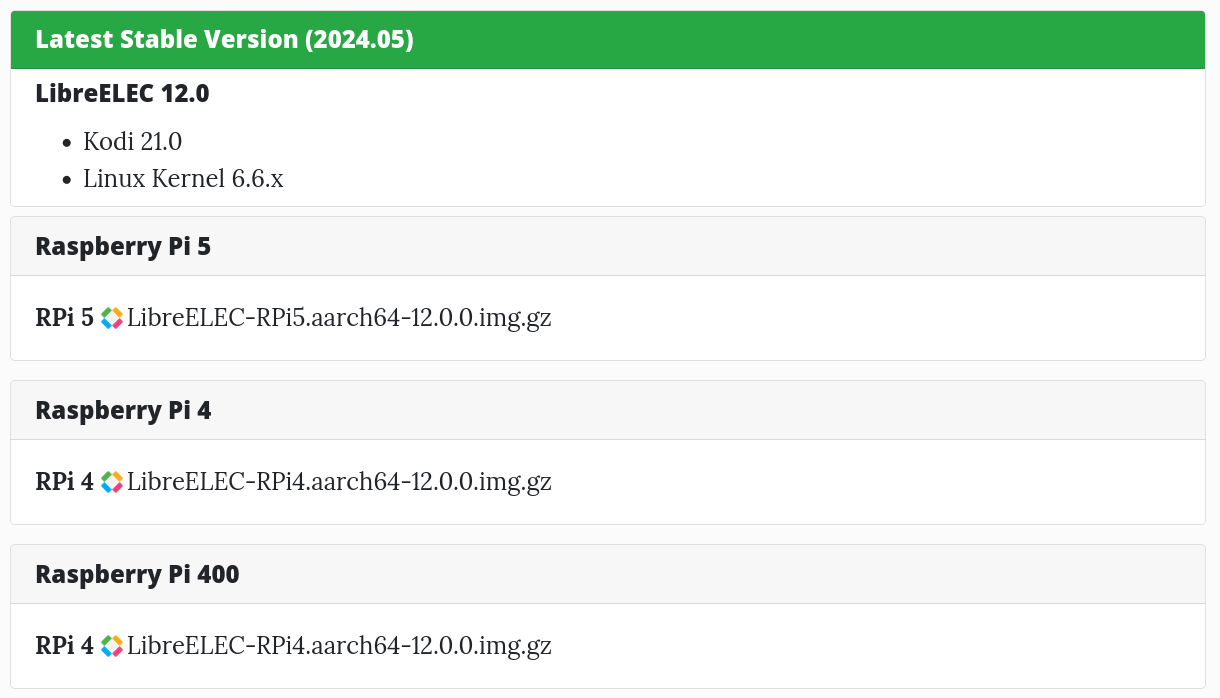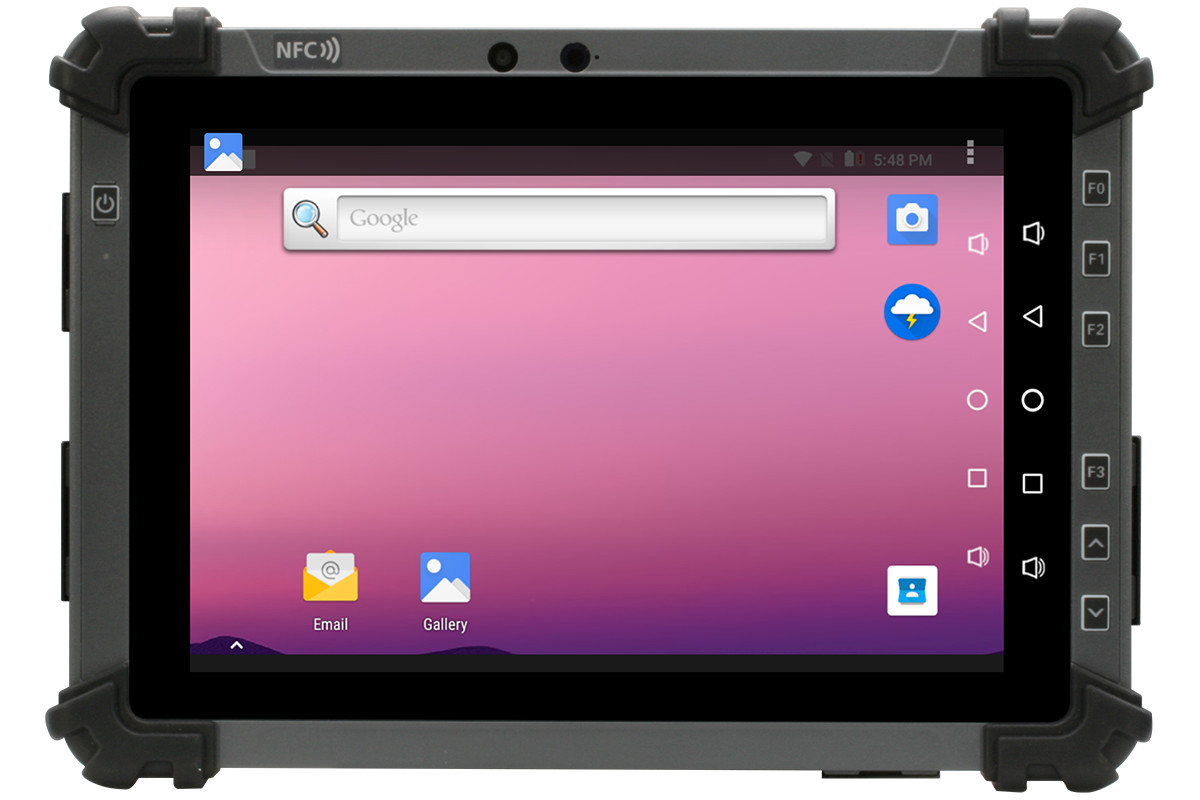Armbian and DietPi are two separate projects that provide Linux-based OS images optimized for Arm-based single board computers. The last time we had a look at both projects was in June with the release of Armbian 24.5.1 and DietPi 9.4, but there have been several updates since then including the releases of the latest DietPi 9.7 and Armbian 24.8 Yelt just a few days ago. So let’s check out the latest changes. DietPi 9.7 DietPi is a lightweight Debian-based Linux distribution for SBCs and server systems that ships as a minimal image but users can install any packages they want, including the ones required for desktop environment, to match the requirements of the applications. It’s notably used by the Linamp project – a Raspberry Pi 4-based project that brings WinAMP to real life – that we covered a few weeks ago. DietPi 9.7 was released on August 25, 2024 with […]
Linux 6.10 Release – Notable changes, Arm, RISC-V, and MIPS architectures
Linux Torvalds has announced the release of Linux 6.10 on LKML: So the final week was perhaps not quote as quiet as the preceding ones, which I don’t love – but it also wasn’t noisy enough to warrant an extra rc. And much of the noise this last week was bcachefs again (with netfs a close second), so it was all pretty compartmentalized. In fact, about a third of the patch for the last week was filesystem-related (there were also some btrfs latency fixes and other noise), which is unusual, but none of it looks particularly scary. Another third was drivers, and the rest is “random”. Anyway, this obviously means that the merge window for 6.11 opens up tomorrow. Let’s see how that goes, with much of Europe probably making ready for summer vacation. And the shortlog below is – as always – just the last week, not some kind […]
RAUC open-source OTA update solution for embedded Linux ported to Rock Pi 4 SBC
RAUC open-source OTA update solution enabling A/B updates for embedded Linux images has recently been ported to the Radxa Rock Pi 4 Model B SBC powered by a Rockchip OP1 SoC by the project’s maintainer, Leon Anavi working for Konsulto Group. If you run a Linux distribution like Ubuntu, Debian, or Fedora, packages and OS images are taken care of automatically or by running a few commands. However, software engineers who build custom embedded Linux images with the Yocto Project or Buildroot must handle this themselves. Luckily, there are already open-source OTA firmware update solutions such as Mender, Balena, Torizon, OSTree, Snap, or RAUC, and we’ll look at the latter today. RAUC (Robust Auto-Update Controller) was started by Pengutronix in 2015 and eventually adopted by the community. It’s a lightweight update client that runs on an Embedded Linux device and controls the A/B update procedure when a new firmware revision […]
SBC software news – Armbian 24.5.1, DietPi 9.4, and Otii server for the Raspberry Pi 4/5
There’s been some notable software news for single board computers (SBCs) in the last few weeks with the release of Armbian 24.5.1 Havier with a focus on stability and UX improvement, the release of DietPi 9.4 lightweight Debian distritions for SBCs, and Otii server, the software for Qoitech Arc power supply, meter, and DAQ, has been finally released for the Raspberry Pi 4/5. Armbian 24.5.1 Havier Armbian announced 24.5.1 Havier on May 25 with bug fixes and improvements as a point release, but also some new boards. Here are some of the highlights. New boards Orange Pi 5 Pro FriendlyElec CM3588 NAS board Radxa ROCK 5 ITX Radxa Zero 3E/3W Avaota A1 SBC SK-AM68 board tqma8mpxl board CSC Hinlink H6xk boards RK3588-based Cool Pi CM5 EVB Improve Khadas support Resolve Rockchip patch maintenance nightmare Add functionality to freeze git resources Improve support for Radxa Rock S 0 and test USB […]
Linux 6.9 release – Main changes, Arm, RISC-V, and MIPS architectures
Linus Torvalds has just announced the release of Linux 6.9 on LKML: So Thorsten is still reporting a few regression fixes that haven’t made it to me yet, but none of them look big or worrisome enough to delay the release for another week. We’ll have to backport them when they get resolved and hit upstream. So 6.9 is now out, and last week has looked quite stable (and the whole release has felt pretty normal). Below is the shortlog for the last week, with the changes mostly being dominated by some driver updates (gpu and networking being the big ones, but “big” is still pretty small, and there’s various other driver noise in there too). Outside of drivers, it’s some filesystem fixes (bcachefs still stands out, but ksmbd shows up too), some late selftest fixes, and some core networking fixes. And I now have a more powerful arm64 machine […]
LibreELEC 12 released with Kodi 21, 64-bit Arm support for Raspberry Pi 4/5, and platforms
As one should have expected after the Kodi 21 “Omega” release last month, the LibreELEC 12 lightweight Linux media center distribution is now out with many devices updated to 64-bit, including the Rasberry Pi 4 and 5 SBCs. LibreELEC 11 was released last year based on Kodi 20 “Nexus” and bringing back support for Amlogic devices. LibreELEC 12 builds on that and benefits from the new features added to Kodi 21 such as FFmpeg 6 and works on Arm platforms based on Allwinner, Amlogic, Broadcom (Raspberry Pi), and Rockchip processors, as well as generic x86 computers. It’s an easy option to create a dedicated HTPC based on a range of hardware with all the features brought by Kodi 21 media center. Since so many platforms are supported there are always some limitations for each and known problems: Raspberry Pi – 50/60fps H.264 HW decoding may need force_turbo=1 or core_freq_min=500 in […]
AAEON RTC-1010RK – An RK3399 powered rugged Android 11 tablet with hot-swap battery and IP65 rating
AAEON’s RTC-1010RK is a 10.1-inch (1280 x 800) rugged tablet powered by a Rockchip RK3399 processor and can be equipped with up to 4GB LPDDR4 memory and 128GB eMMC flash. It offers robust connectivity with Wi-Fi, Bluetooth, and optional 4G LTE and Ethernet. It also supports GPS + GLONASS (Default), and BeiDou (Optional) for navigation. The RTC-1010RK is an IP65-rated tablet with protection against dust and water splashes. Additionally, it has programmable function keys, NFC/smart card readers, front (8MP) and rear (8MP) cameras, and the option to add a barcode scanner. The hot-swappable battery in the tablet ensures uninterrupted power, making it ideal for demanding field and industrial applications. It’s not the first rugged tablet from AAEON, as previously, we have written about the AAEON RTC-710AP 7-inch rugged tablet and the AAEON RTC-1010M Windows 10-based semi-rugged tablet. We also reviewed the Higole F7G Plus rugged tablet. Feel free to check […]
Orange Pi Developer Conference 2024, upcoming Orange Pi SBCs and products
Orange Pi held a Developer Conference on March 24, 2024, in Shenzhen, China, and while I could not make it, the company provided photos of the event where people discussed upcoming boards and products, as well as software support for the Orange Pi SBCs. So I’ll go through some of the photos to check out what was discussed and what’s coming. While Orange Pi is mostly known for its development boards the company has also been working on consumer products including the Orange Health Watch D Pro and the OrangePi Neo handheld console. The Orange Pi Watch D Pro is said to implement non-invasive blood glucose monitoring, blood pressure monitoring, one-click “micro-physical examination” and other functions to to help users monitor their health monitoring. The Watch D Pro uses a technique that emits a green light to measure glucose levels in the blood, and we’re told it’s accurate enough to […]


